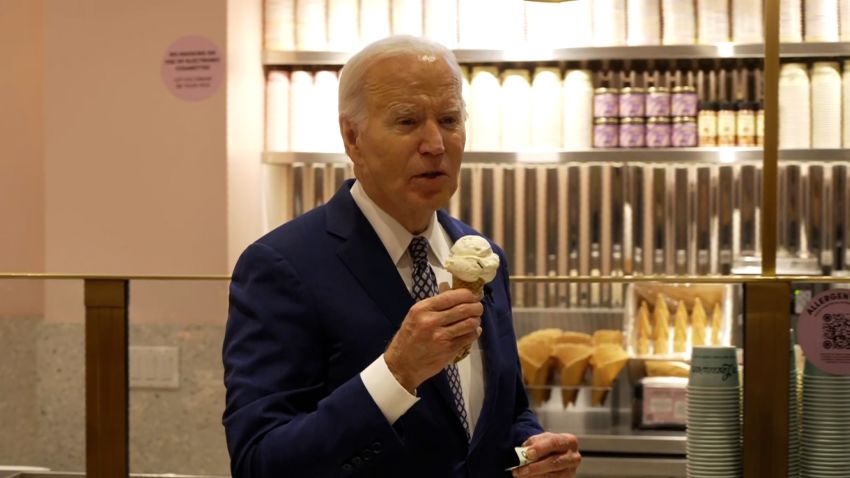Editor’s Note: Julian Zelizer, a CNN political analyst, is a professor of history and public affairs at Princeton University. He is the author and editor of 25 books, including The New York Times bestseller ““Myth America: Historians Take on the Biggest Legends and Lies About Our Past” (Basic Books). The views expressed in this commentary are his own. View more opinion on CNN.
CNN
—
Michigan provided the first test of President Joe Biden’s coalition in swing states Tuesday night. The president has been concerned about voter turnout and the number of Democrats who registered “uncommitted” as their choice.
The fears are not irrational. In a campaign that will likely come down to a handful of swing states, Biden can’t afford to make the mistakes that Hillary Clinton made in 2016, when small numbers of votes cost her the presidency.
The Biden campaign has worried about political damage the president has suffered as a result of his handling of the conflict in Gaza, as well as his inability to move forward on some of the issues that matter a great deal to the younger, Black, Latino and Muslim American voters who will be important in making sure that swing states swing his way.
A depressed vote is not Biden’s only concern. So too are fears that former President Donald Trump’s improved poll numbers with Black and Latino voters might indicate the real potential for the GOP to cut into traditional Democrat constituencies.
Tuesday night, the numbers from Michigan suggest that the problem is real. Biden is facing resistance in the Wolverine State from Arab-American Democrats who led the charge in pushing voters to vote “uncommitted” to send a message to the Biden campaign. A significant number of people have sided with that campaign.
But is this fatal? No, it is not. There is considerable time between now and November. The situation in the Middle East is dynamic and it is possible the frustration and anger, which are very much in play today, won’t be as much a priority for voters come Election Day.
Biden tells reporters this is when he hopes a ceasefire will happen in Gaza
During that important period, the president will have an opportunity, with the help of Vice President Kamala Harris, to win back support. This valuable time will be essential for the president’s team to make a strong case for the strategy Biden is pursuing.
Democrats should view the numbers with some degree of calm. Some of the uncommitted voters are sending a message to President Biden rather than going all in and threatening to follow through on Election Day by voting against Biden.
Get Our Free Weekly Newsletter
But most important, come November, the issue will be Biden or Trump. Voting uncommitted in February 2024 is not the same as voting for Donald Trump in November 2024. For many progressives the choice won’t be between President Biden and uncommitted, but rather, the incumbent versus a reactionary, right-wing former president, whose policies would take their coalition many more steps backward from what currently has caused so much anger. The choice will be between someone they don’t like much and someone whose policies are antithetical to their agenda.
There is time and space for the administration to respond and to shift attention to the consequences that will result from the Democratic party not coming together. In 1968, Vice President Hubert Humphrey failed to make this case to the progressive coalition within his party. The result was the presidency of Richard Nixon.
In 2024, the cost of President Biden failing to make a compelling case to his progressive coalition will be a second term for Donald Trump.
Credit: Source link




